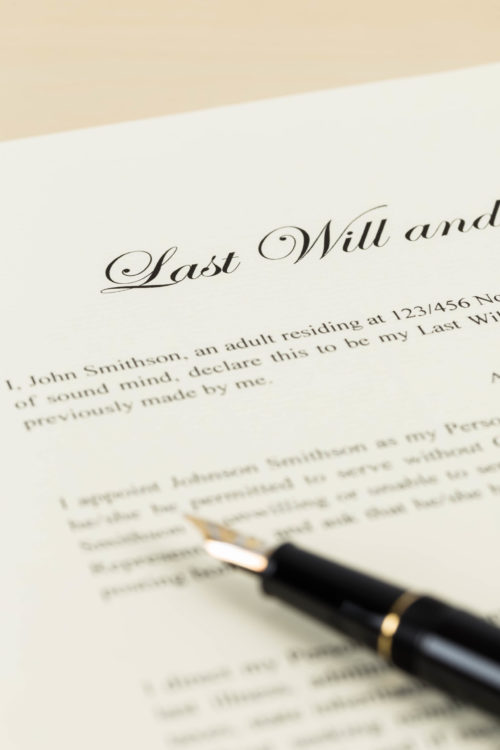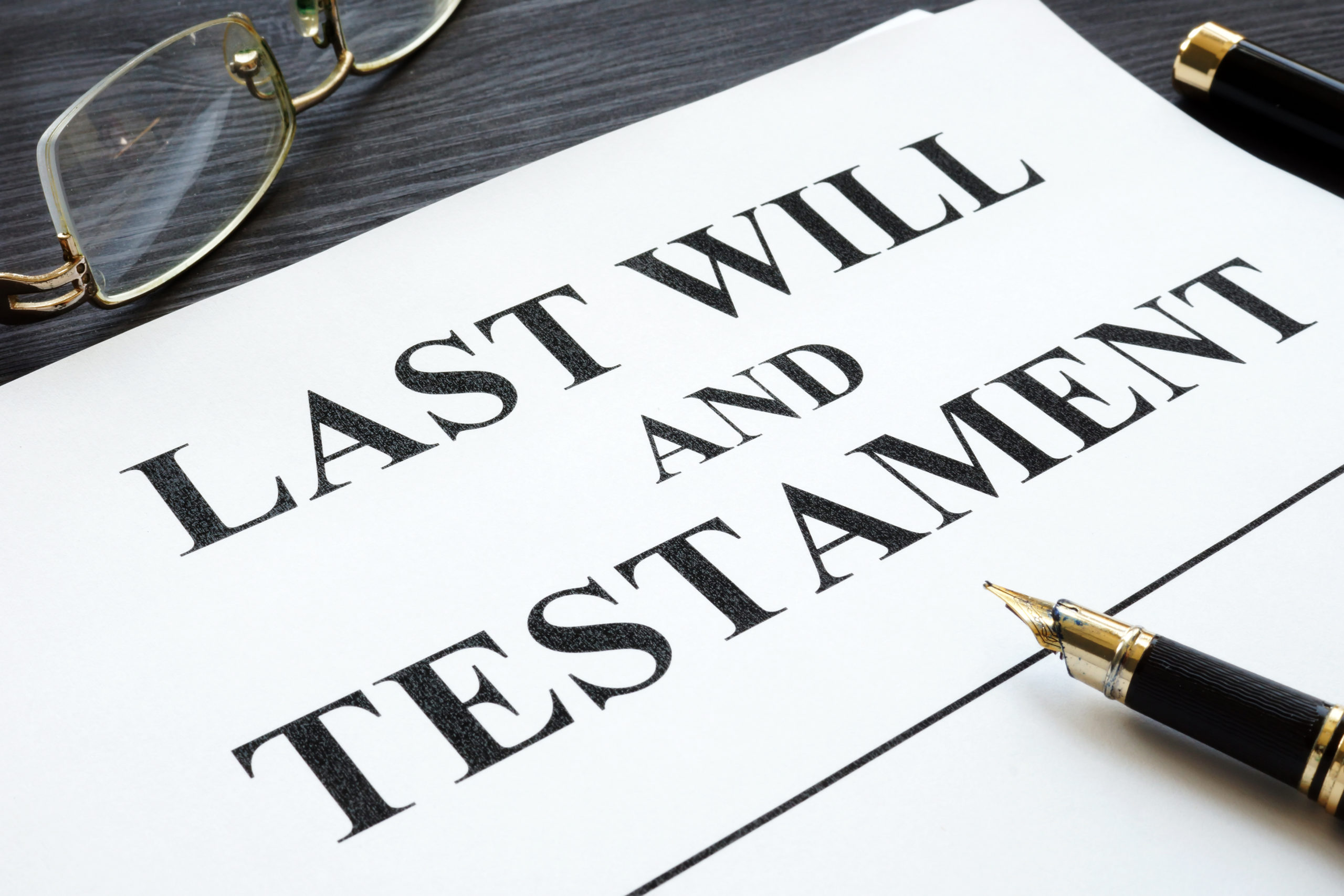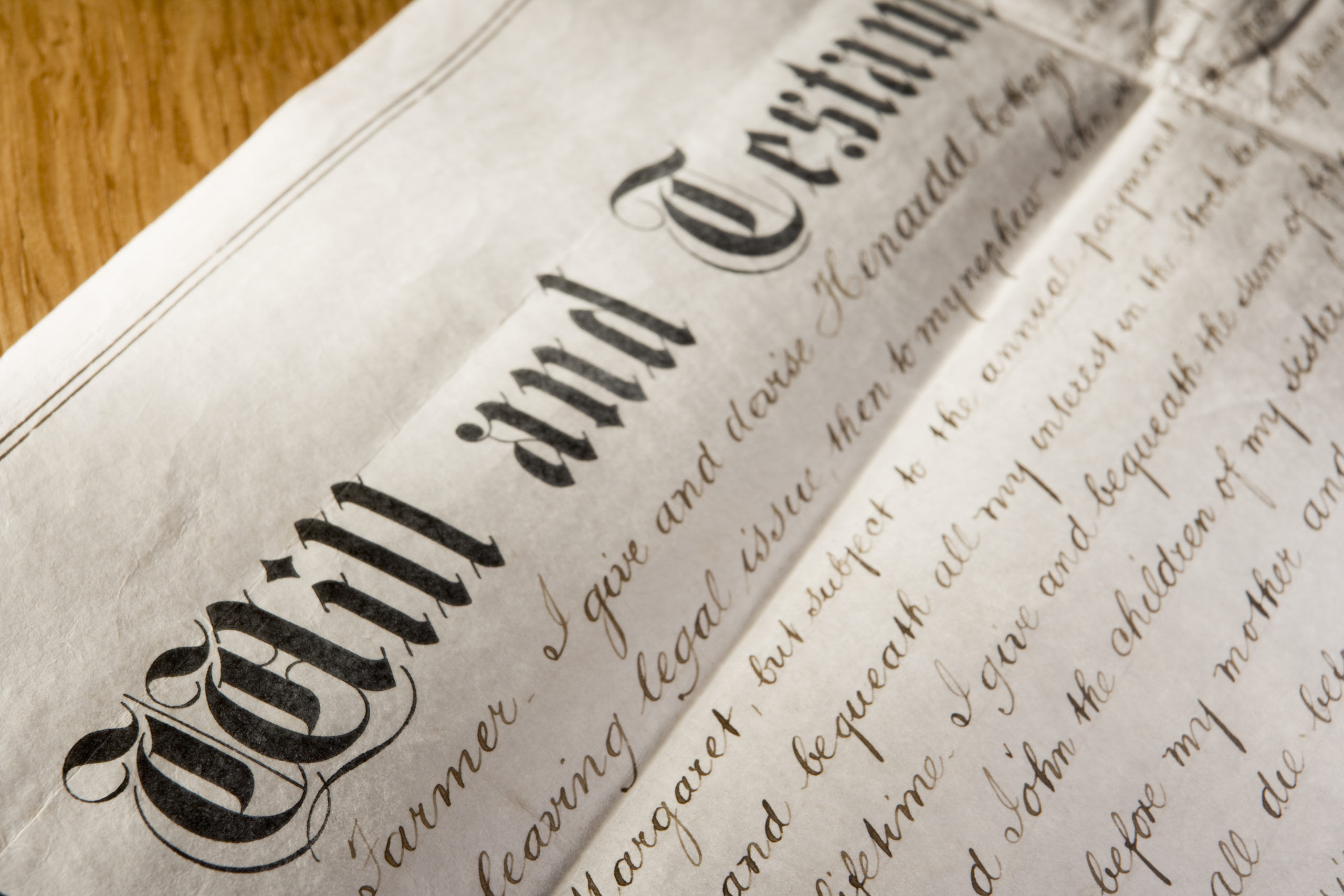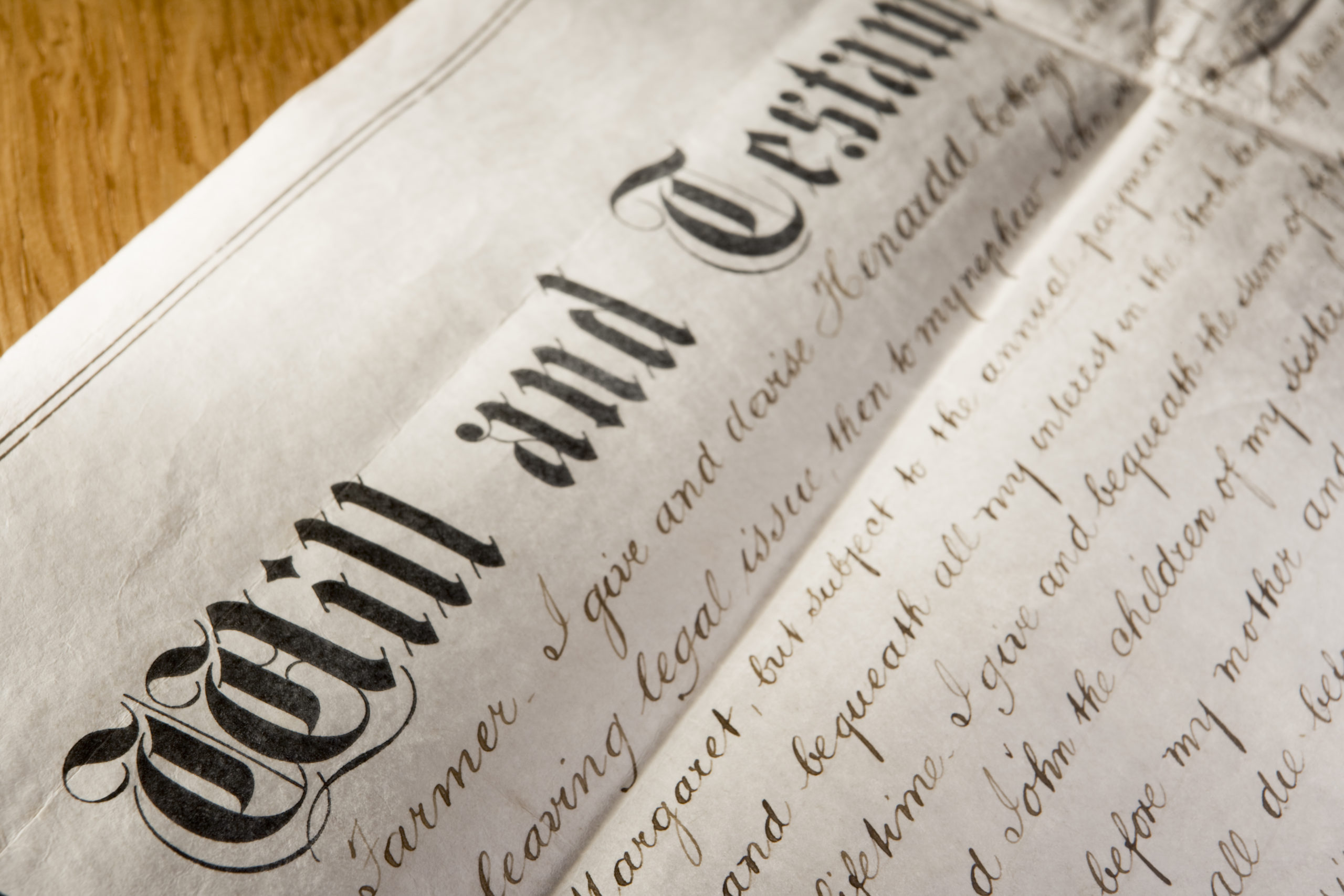It is likely that you’ve heard of a trust. In case you’re unsure what it is, though, a trust is simply this: A trust is an arrangement where things like property, money, etc. are held in safekeeping. What kind of trust should you set up if you’re thinking about it? In this article, we’ll answer that question! Let’s take a look.
Why Do I Need A Trust?
Trusts created under a will can be set up for just about anyone: minor children, adults, or any other person whom you have designated as a beneficiary. It can also be done for a multitude of reasons like tax savings, giving the beneficiary the ability to handle finances or if you have a particular way you would like to distribute all of your assets.
Why Do I Need A Trust?
A trust that is created under a paragraph in your will serves to appoint a trustee. The appointed person then both administers and invests the funds for the trust, and they also pay income and/or principal from the trust following the terms and guidelines that are named in the will.
Attorney Justin Scott sheds more light on the matter. “It can be nerve-wracking to try and think of if you’ve covered all your bases when planning for the future. It’s no question that something will inevitably get left out or you’ll forget this or that. And while you can most certainly create a will on your own, it can still be a bit confusing. If you’d like assistance with drawing up a will or living trust, or if you have questions about anything else, my team and I would be happy to assist you, and get you the help you need.”
Contact Scott Counsel to Learn More About Wills and Trusts
So as you can see, there are a couple of very good reasons to have a will and trust. Of course, this may not be everything involved in the process; it wasn’t meant to be. Rather it is a basic overview of the steps, in order that you may have a general idea of what to expect if you’re thinking of setting up a will and trust for your loved ones. As Mr. Scott said, it can be difficult to know whether you’ve covered all your bases. And while it’s true that you may not get them all, at least by having both, you can rest easy knowing you’ve covered most of them. And most of them are better than none.




